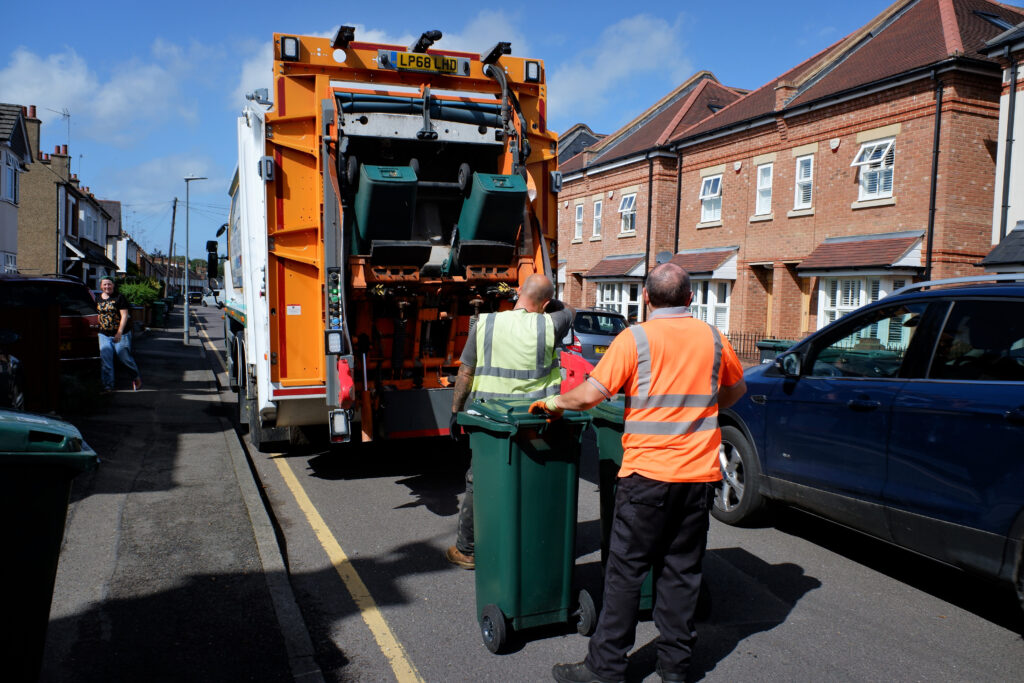
I think measuring waste prevention is the real difficulty and the real challenge
Roy Hathaway, Defra
Speaking at a ‘Waste Prevention Conference' in London yesterday (November 30), Roy Hathaway, head of waste regulation at Defra, outlined government policies to help reduce waste at source and the need to tackle waste across all sectors not just from households.
This includes promotional campaigns and an emphasis on reduction in the Packaging Strategy, which was published in June (see letsrecycle.com story).
Mr Hathaway explained that the work was, in part, being driven by the revised Waste Framework Directive, which requires Member States of the European Union to design and produce waste prevention programmes by December 12, 2013 (see letsrecycle.com story).
However, Mr Hathaway explained that actually measuring how successful initiatives such as these would be hard.
He said: “From my point-of-view, the important point is that benchmarks and indicators [for prevention] will be adopted [but] I think measuring waste prevention is the real difficulty and the real challenge.
“I think we can all recognise waste prevention when we see it but how do we measure it and we need benchmarks and indicators and we need better statistics and we need to ensure information for the industry and Member States.”
Mr Hathaway drew attention to the fact that waste prevention was at the top of the waste hierarchy and added: “I think we are going to see more and more about this going forward”.
Europe
Also speaking at the event, which was organised by the Resource Recovery Forum, Jean-Pierre Hannequart, director general of the Brussels Institute of Environmental Management, claimed Member States could use incremental efforts to reduce waste per head.
Mr Hannequart is also president of Europe-wide recycling organisation ACR+, which last week coordinate the first European Week of Waste Reduction (see letsrecycle.com story).
Mr Hannequart claimed that by targeting specific material streams, such as biodegradable waste, nappy waste and packaging waste, households in the EU could cut the kilograms per waste per inhabitant per year by 100kg, starting from an average of 600kg/inhabitant/year.
In addition, former MEP and rapporteur Dr Caroline Jackson gave an overview of the European legislative picture and outlined the targets facing the UK and all Me under the revised Waste Framework Directive – which requires a 50% household recycling rate by 2020.
Dr Jackson called for a greater exchange of waste information between Member States and indicated that “Member States are all over the place when adopting the Landfill Directive”, with Eastern Europe counties being identified as particularly struggling.








Subscribe for free